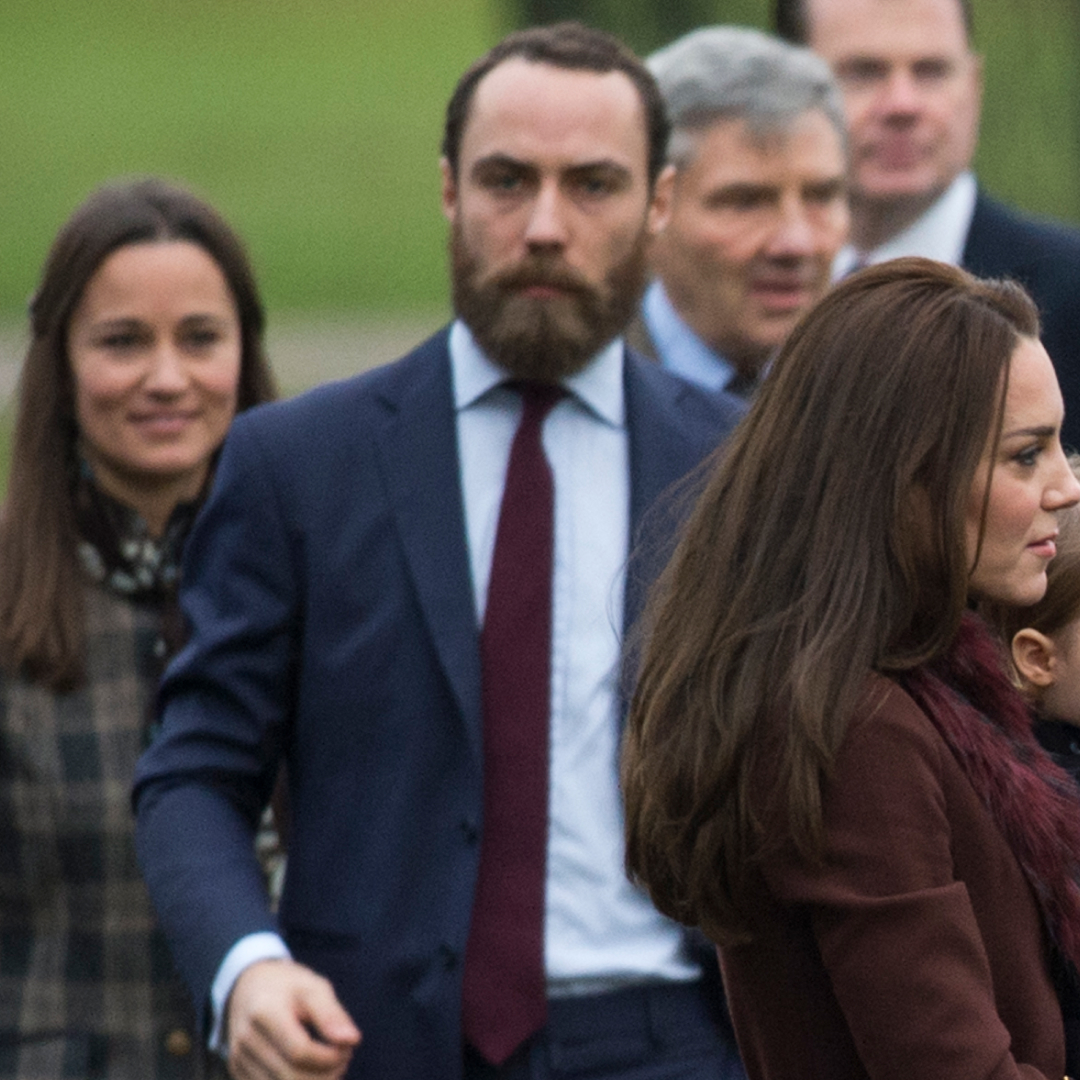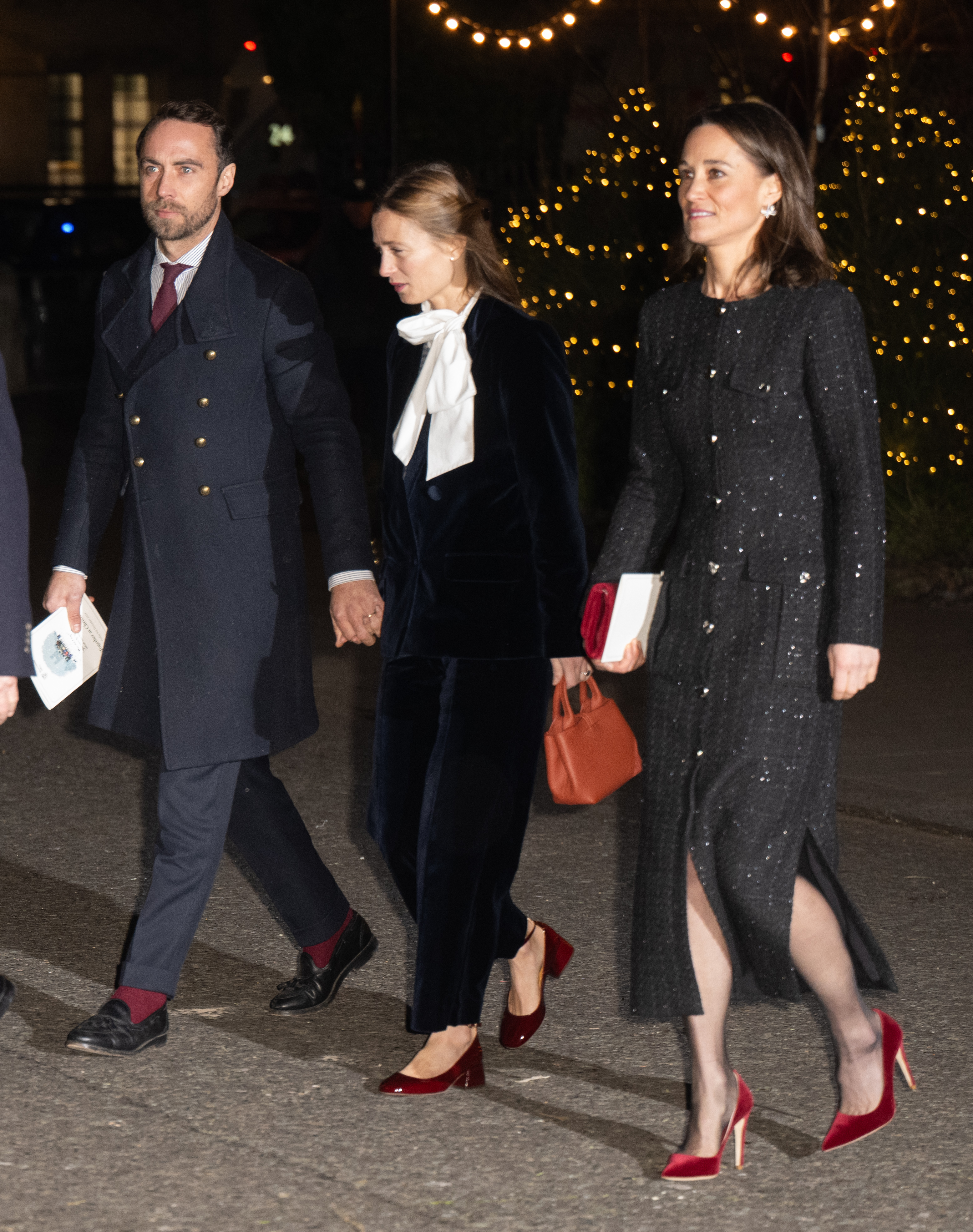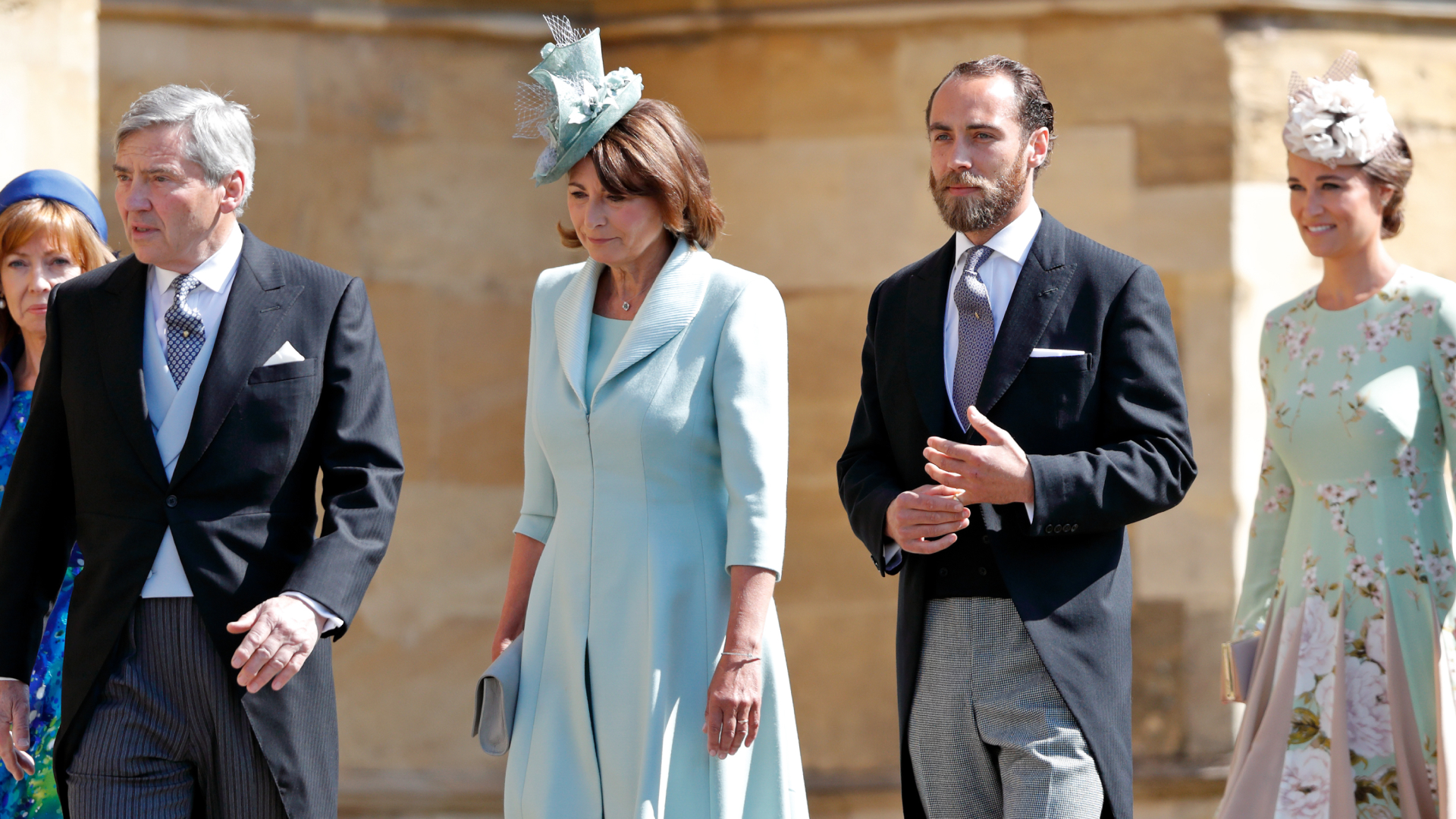
James Middleton often opens up about his famous sisters, Pippa Middleton and Princess Kate. Recently, he shared that Pippa and Kate attended therapy with him in 2017, and that he felt as though he "had three mothers growing up" thanks to the support of his two sisters. After discussing the "unconditional" support the entire Middleton family offered the Princess of Wales during her cancer treatment, James has spoken about the sometimes "complicated" relationship he has with his siblings.
In an interview with the Mirror, James Middleton said of Princess Kate and Pippa, "They've seen me at my best and at my lowest, and they've always been there when I've needed them." He explained, "I'm incredibly fortunate to have my two sisters, not just as siblings, but as friends."
However, the author of Meet Ella: The Dog Who Saved My Life also noted that familial relationships aren't always smooth sailing.

James told the outlet, "Sibling love is something unique, you can't choose your siblings, it can be complicated, it takes work, but when it's strong, I believe it's one of the most powerful bonds there is."
The author elaborated on the things he's learned from Kate and Pippa through the years, pointing to their "emotional intelligence" in particular.
"They've always been emotionally open, expressive, and in tune with the people around them, and I think being surrounded by that kind of emotional intelligence rubbed off on me, even if I didn't fully realize it at the time," James told the Mirror.

James—who has been open about his own mental health journey—reflected on Kate and Pippa's influence, saying, "Looking back, I think it gave me permission, in a way, to feel things more deeply and to name those feelings when they came up." He continued, "That doesn't mean I always found it easy."
James admitted that addressing his own mental health needs didn't necessarily come naturally, but having Kate and Pippa's support was invaluable. "But having strong women around me who led with compassion and honesty definitely helped me learn that vulnerability wasn't weakness, it was strength," he explained.







